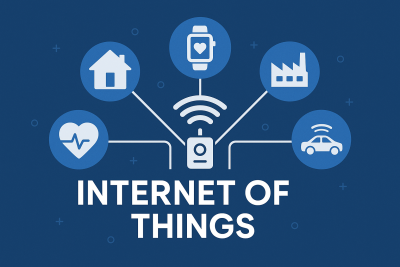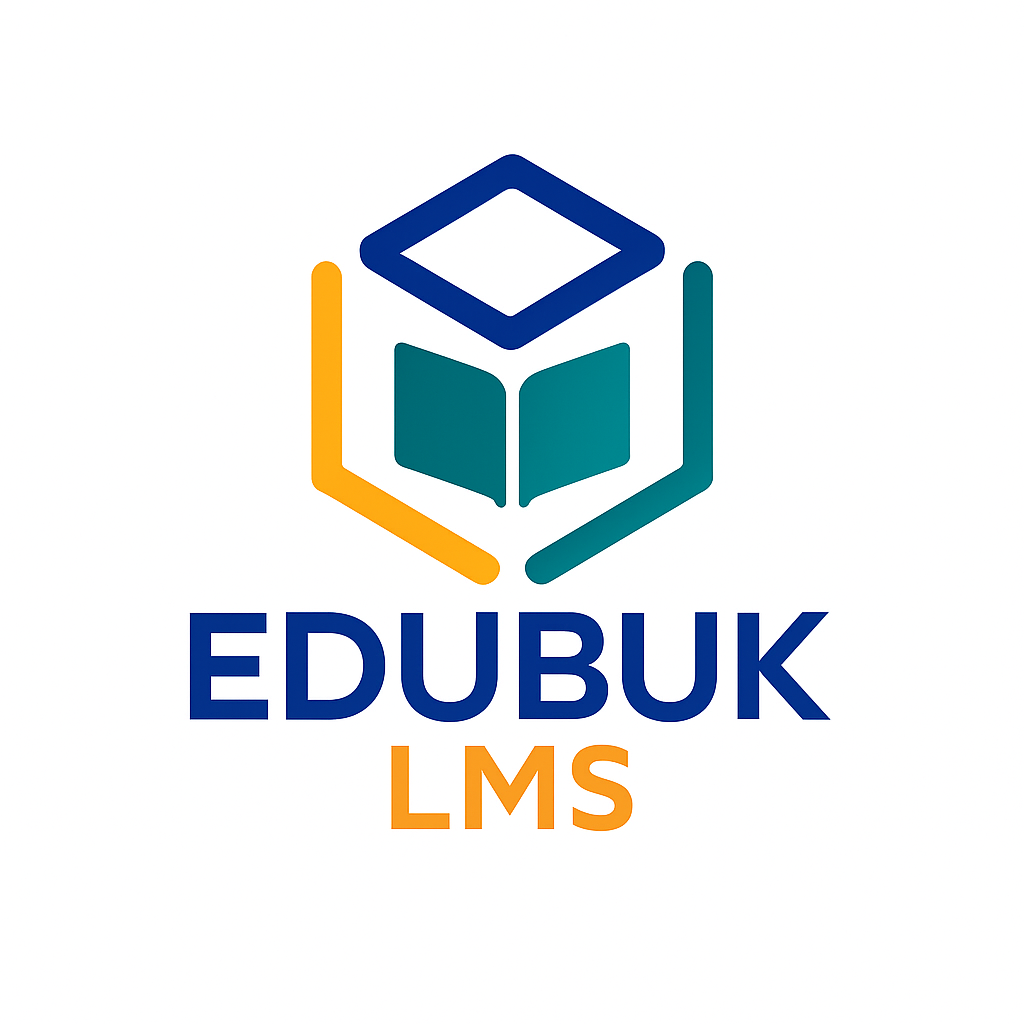| Expiry period |
Lifetime |
|
|
| Made in |
English |
|
|
| Last updated at |
Wed Nov 2025 |
|
|
| Level |
Beginner |
|
|
| Total lectures |
16 |
|
|
| Total quizzes |
0 |
|
|
| Total duration |
Hours |
|
|
| Total enrolment |
 1106
1106 |
|
|
| Number of reviews |
1056 |
|
|
| Avg rating |
|
|
|
| Short description |
The Internet of Things (IoT) refers to a network of interconnected devices that collect and exchange data through the internet. From smart home systems and wearable tech to industrial sensors and healthcare devices, IoT is revolutionizing how we live and work. This course introduces students to the fundamentals of IoT, its architecture, applications, and future potential in creating smarter, more efficient systems across various sectors. |
|
|
| Outcomes |
- By the end of this course, learners will be able to: Understand IoT Fundamentals: Explain the core concepts, architecture, and components of the Internet of Things.
- Identify Key Technologies: Recognize the role of sensors, actuators, communication protocols, cloud platforms, and data analytics in IoT systems.
- Explore Real-World Applications: Analyze how IoT is transforming industries such as healthcare, agriculture, transportation, and smart cities.
- Design Basic IoT Systems: Outline the steps involved in creating a simple IoT-based solution or project.
|
|
|
| Requirements |
- Basic Computer Literacy: Familiarity with using a computer and the internet.
- Interest in Technology: A keen interest in smart devices, automation, or emerging technologies.
- Optional – Basic Programming Knowledge: Knowing any programming language (like Python or C) is helpful but not mandatory.
- Optional – Electronics Fundamentals: A basic understanding of sensors, circuits, or microcontrollers (like Arduino or Raspberry Pi) can enhance your learning experience.
- Device & Internet Access: A computer or laptop with stable internet connectivity for accessing course materials and optional tools or simulations.
|
|
|


 1106
1106 